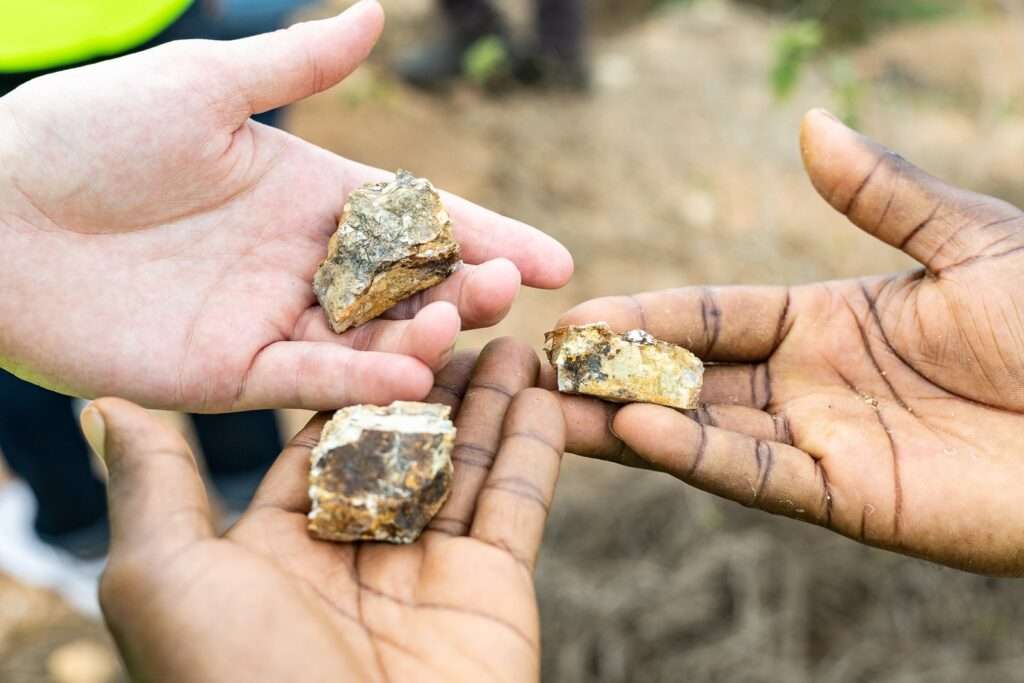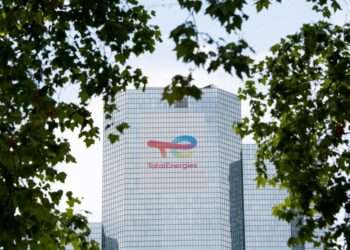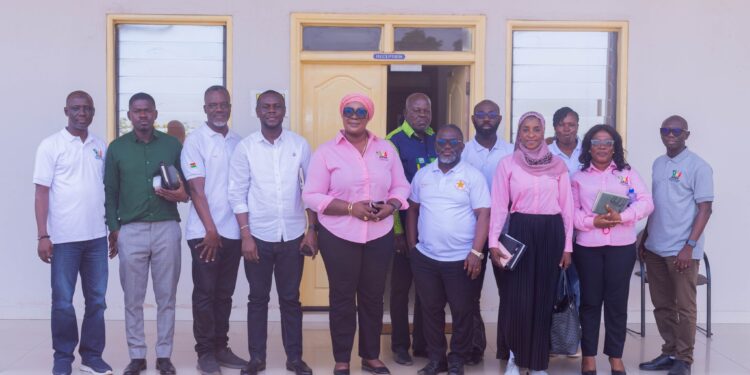As Ghana eyes entry into the burgeoning global lithium value chain, a new report by the Natural Resource Governance Institute (NRGI) is cautioning against premature investment in local lithium refining.
According to the institute, Ghana’s plans to establish domestic refining capabilities may lead to substantial revenue losses and economic inefficiencies unless they are guided by sound analysis and global market trends. Thomas Scurfield, Africa Senior Economic Analyst at NRGI, emphasized the economic hurdles Ghana faces in establishing a lithium refinery.
“Because of Ghana’s limited access to lithium feedstock and the high costs of refining compared to global competitors, especially China, a domestic refinery would struggle to be viable.
“To be viable, the refinery would need to purchase lithium concentrate at below-market prices. This, in turn, would result in the government collecting less revenue than if the concentrate were exported.”
Thomas Scurfield, Africa Senior Economic Analyst at NRGI
The NRGI report estimated that Ghana could lose over $500 million in government revenues if it prioritizes local lithium refining over direct exports of lithium concentrate.
The report makes it clear: while value addition is often a desirable policy objective, it is not always economically viable for every mineral in every country — and could even harm national development goals if pursued unstrategically.
While NRGI supports African countries’ ambitions to move up the value chain, it cautions against pursuing ventures that could entail severe economic costs.
“China has significant overcapacity and access to low-cost financing, allowing its refineries to operate with far lower expenses. “In that context, Ghana would face an uphill battle trying to compete.”
Thomas Scurfield, Africa Senior Economic Analyst at NRGI
“Mine and Monitor” Approach

Rather than leaping into the refining space prematurely, NRGI recommended that Ghana adopt a “mine and monitor” strategy — a phased approach focused first on launching the mining operations while closely observing global market developments.
“We encourage the government to prioritize getting the lithium mine up and running. Meanwhile, they should proactively monitor shifts in global refining conditions, pricing premiums, and demand dynamics.
“Lithium refining may not be profitable now, but that might change in the near future.”
Thomas Scurfield, Africa Senior Economic Analyst at NRGI
This flexible strategy, NRGI argued, allows Ghana to benefit from its natural resource in the short term through concentrate exports, while retaining the option to enter the refining space later — when market conditions are more favorable.
Global Lithium Market Dynamics

The NRGI report noted that the global lithium market is evolving rapidly, driven by the electric vehicle (EV) revolution, energy storage demand, and shifting geopolitical dynamics.
While China remains dominant in lithium processing, countries like the United States and members of the European Union are seeking to diversify supply chains and reduce dependence on China.
“As trade tensions escalate, Western nations may begin offering premiums for non-Chinese lithium supply.
“If such a trend materializes, it could help offset the higher costs of refining in Ghana or elsewhere.”
Thomas Scurfield, Africa Senior Economic Analyst at NRGI
That said, Ghana’s ability to benefit from such shifts will depend on its capacity to monitor global trends, develop appropriate domestic policy, and build infrastructure to meet evolving demand — particularly from EV manufacturers who are increasingly eyeing African markets.
Ghana has taken proactive steps to capitalize on the lithium boom. The country boasts a national EV policy, and its automotive industry is gradually expanding.
However, these domestic initiatives are still in their early stages and may not offer sufficient demand to justify establishing a local lithium refining industry just yet.
“We are probably a few years away from having a significant EV market in Ghana or the sub-region.
“And it’s really the end market that determines the viability of building a full value chain domestically.”
Thomas Scurfield, Africa Senior Economic Analyst at NRGI
According to NRGI, countries that have succeeded in refining lithium domestically — such as Chile and Australia — benefit from either high-volume feedstock, proximity to key markets, or favorable policy ecosystems that Ghana has yet to fully develop.
Importantly, NRGI’s analysis is not a condemnation of Ghana’s ambition but a call for strategic clarity and realistic planning. Scurfield emphasized that the institute supports African nations seeking to move up the mineral value chain — but only when conditions are ripe.
Indeed, the desire to process minerals locally often stems from a sense of national pride and the appeal of value addition.
But without careful consideration of cost structures, supply availability, and global competition, such moves can lead to inefficiency, resource waste, and lost revenue — exactly the outcomes Ghana hopes to avoid.
READ ALSO: Ghana, Czech Republic Deepen Ties with President Petr Pavel’s Visit





















